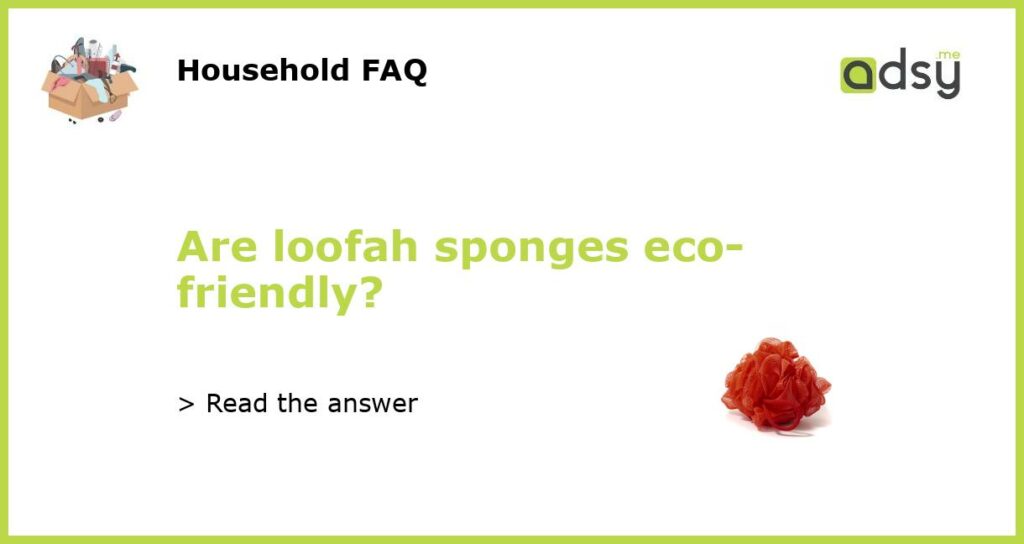What are loofah sponges?
Loofah sponges, also known as luffa or sponge gourds, are natural exfoliating sponges made from the fibrous skeleton of the loofah fruit. When the fruit is mature, it is harvested, peeled, and the fibers are removed and soaked in water to soften. These sponges have become increasingly popular for use in the shower or bath due to their ability to gently exfoliate and remove dead skin cells.
Are loofah sponges eco-friendly?
Many people believe that loofah sponges are eco-friendly because they are made from a natural and renewable resource. However, it is important to note that the production of loofah sponges has negative environmental impacts. The large-scale commercial farming of loofahs has been linked to deforestation, soil depletion, and water pollution. Additionally, the transportation of loofah sponges from their native countries to other parts of the world can have a significant carbon footprint.
What are the alternatives to loofah sponges?
If you are looking for an eco-friendly alternative to loofah sponges, there are several options available. One popular option is to use washcloths or reusable bath gloves made from organic or sustainable materials like bamboo, hemp, or cotton. These alternatives can be washed and reused, reducing waste and minimizing environmental impact.
How can you minimize the environmental impact of loofah sponges?
If you choose to use loofah sponges, there are steps you can take to minimize their environmental impact. Look for sponges that are harvested sustainably and produced using environmentally friendly practices. Additionally, try to purchase sponges that are produced locally to reduce their carbon footprint. When your sponge begins to wear out, compost it rather than throwing it in the trash.
While loofah sponges offer several benefits, it is important to consider their environmental impact before using them. Alternatives like washcloths and reusable bath gloves can provide similar benefits while minimizing environmental harm. If you do choose to use a loofah sponge, look for sustainably harvested and locally produced options, and dispose of them responsibly when they have reached the end of their useful life.






